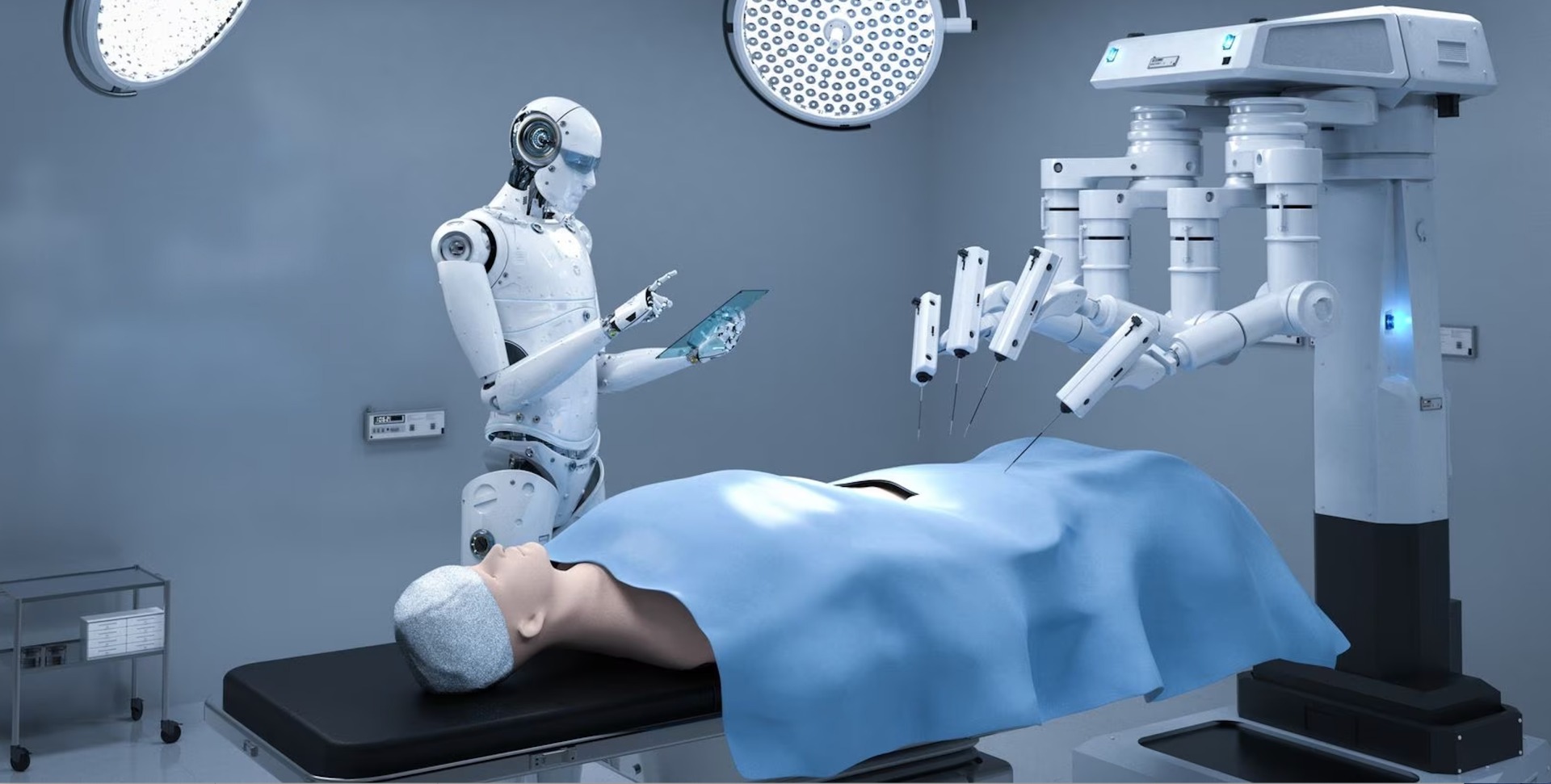Comments
- No comments found

AI’s role in medicine isn’t about when, but where.
The potential role of artificial intelligence in primary care is becoming increasingly apparent. With a decline in the number of primary care physicians worldwide, AI can step in to address this challenge. AI has the ability to enhance preventive care by analyzing patient data on a large scale, identifying trends, and offering personalized health advice. It can also assist in diagnosing common illnesses, reducing the need for in-person visits to PCPs. Additionally, AI provides round-the-clock accessibility, especially in underserved areas, and can improve patient education by offering information and guidance. AI can facilitate coordination between PCPs and specialists, leading to improved patient outcomes. However, it’s important to recognize that AI is a tool meant to augment, rather than replace, human doctors. AI can unburden physicians from routine tasks and expand their reach, while optimizing the human touch.
The clickbait headline these day is all about AI replacing the doctor. Setting aside the inflammatory rhetoric, the question isn’t a bad one at all. If fact, the question may be rephrased around where technology may have the best point of entry and impact—it’s not when, but where. The potential role of artificial intelligence in healthcare is becoming more apparent. It’s especially true for primary care — a critical but underrepresented domain in contemporary medicine.
The declining number of primary care physicians (PCPs) presents a significant challenge to healthcare systems worldwide. Historically, PCPs have played an essential role in delivering preventive care, diagnosing and treating common illnesses, advocating for healthy lifestyles, and acting as a reliable liaison between patients and specialists. However, over the past century, there’s been a substantial shift towards specialization, leading to a dwindling number of PCPs.
How can AI rise to the challenge and step into the role of the “new primary care” physician?
AI has the potential to revolutionize preventive care, a cornerstone of primary care. By analyzing patient data on a large scale, AI can identify trends, risks, and patterns that may elude human physicians. It can predict potential health issues, offer personalized health advice, and prompt early intervention. This type of large-scale, data-driven preventive care can significantly reduce the burden on the healthcare system by minimizing the incidence of preventable illnesses.
AI-powered virtual assistants are becoming increasingly adept at diagnosing common illnesses. They can perform symptom analysis, evaluate patient history, and even recommend appropriate treatment plans. By providing quick and accurate diagnoses for simple conditions, AI could reduce the need for in-person visits to PCPs, allowing them to focus on complex cases that require their expertise or cases uniquely suited to a more human touch.
AI is always available, unlike human physicians who may be constrained by office hours or geographic boundaries. AI primary care can provide round-the-clock medical consultation, making primary care more accessible, especially in rural or underserved areas.
AI can play a pivotal role in patient education. AI-powered chatbots can provide patients with information about their health, medications, lifestyle changes, and disease management, empowering them to make informed decisions about their health.
AI can facilitate referrals to specialists by analyzing patient data and identifying the need for specialized care. It can streamline the referral process, enhancing the collaboration between PCPs and specialists, ultimately leading to improved patient outcomes.
While the idea of AI as the “new primary care” is intriguing and packed with potential, it’s essential to recognize that AI is a tool rather than a replacement for human doctors. The goal is not to substitute PCPs but to augment their capacity and reach. The human touch, empathy, and individual understanding a physician provides cannot be replicated by AI.
AI in primary care can unburden physicians from routine tasks, allowing them to spend more time with patients and focus on complex cases. It can also bridge the gap in areas where PCPs are scarce, making primary care more accessible and effective.
John is the #1 global influencer in digital health and generally regarded as one of the top global strategic and creative thinkers in this important and expanding area. He is also one the most popular speakers around the globe presenting his vibrant and insightful perspective on the future of health innovation. His focus is on guiding companies, NGOs, and governments through the dynamics of exponential change in the health / tech marketplaces. He is also a member of the Google Health Advisory Board, pens HEALTH CRITICAL for Forbes--a top global blog on health & technology and THE DIGITAL SELF for Psychology Today—a leading blog focused on the digital transformation of humanity. He is also on the faculty of Exponential Medicine. John has an established reputation as a vocal advocate for strategic thinking and creativity. He has built his career on the “science of advertising,” a process where strategy and creativity work together for superior marketing. He has also been recognized for his ability to translate difficult medical and scientific concepts into material that can be more easily communicated to consumers, clinicians and scientists. Additionally, John has distinguished himself as a scientific thinker. Earlier in his career, John was a research associate at Harvard Medical School and has co-authored several papers with global thought-leaders in the field of cardiovascular physiology with a focus on acute myocardial infarction, ventricular arrhythmias and sudden cardiac death.
Leave your comments
Post comment as a guest